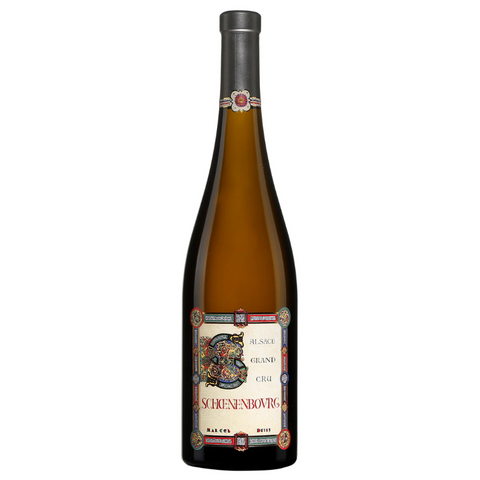Tasting Notes & Ratings
Grape
Pinot Blanc, Pinot Gris, Pinot Noir, Sylvaner, Muscat d'Alsace (white and red), Muscat à Petit Grain, Riesling, Gewurtztraminer, Traminer, Chasselas, Chasselas Rose.
Tasting notes
The wines display an undeniable aptitude for aging, richness, extraordinary body, and a very unique expression: peppered or even smoky nose, a backbone beneath the fullness, a mineral expression that may remain hidden in youth but gives fossilized notes with time. Thanks to the potential for noble rot in this area, residual sugars are usually quite high. Schoenenberg is one of the greatest wines made in the Alsatian terroirs.

